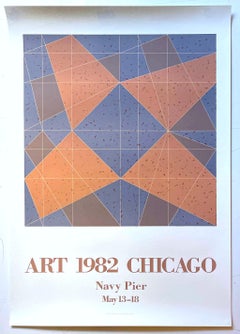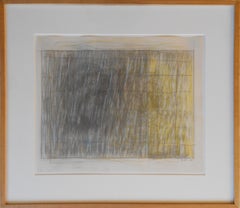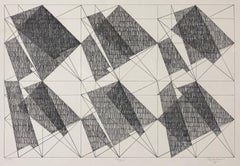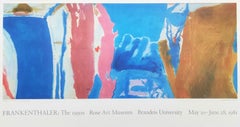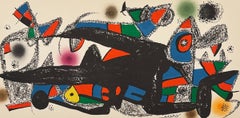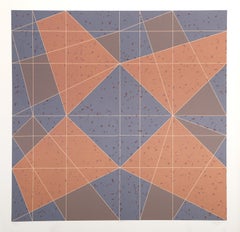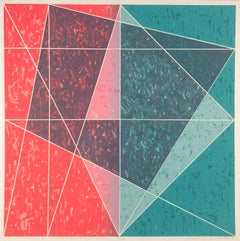Jack Tworkov Art
Jack Tworkov, a literate man uncertain whether to become a poet or painter. Tworkov became an Abstract Expressionist who is known for that style modified with gridlike restraint of forms and low-key color. Tworkov was also an art educator. From 1963–69, Tworkov was Chair of the Art Department at Yale University and he also held teaching positions at Queens College, 1948–51; Black Mountain College, summer of 1952; Pratt Institute, 1955–58; 1972 and American Academy in Rome. Except for temporary periods, Tworkov lived primarily in New York City and Provincetown, Massachusetts. At Yale, where Tworkov was Visiting Professor of Art from 1961–63 and Department Chair from 1963–69, he was stirred by questions of the interrelationship of psychology, education, political history and art creativity and as a result, instigated cross-disciplinary study. Among the future 'big-name' artists Tworkov mentored were Jennifer Bartlet, Robert Mangold, Chuck Close and Nancy Graves. Tworkov was born in Biala, Poland, and at the age of 13 immigrated to New York City wherein 1928, he became a US citizen. Tworkov studied at Columbia University from 1920–23, majoring in English. Tworkov left Columbia to attend the National Academy of Design from 1923–25 and 1925–26 at the Art Students League. During this period, Tworkov did landscapes, still lifes, portraits and figure studies that show the influence of European modernism, especially the paintings of Paul Cezanne. From 1935–41, Tworkov worked in the Easel Division of the WPA Federal Art Project and by the 1940s was deeply involved in Abstract Expressionism with work characterized by broad, spontaneous brush strokes. Tworkov loved the camaraderie of painting, especially with Karl Knaths, Franz Kline and Willem DeKooning, the latter with whom he had an adjoining studio from 1948–53. However, in the early 1940s, his career like that of so many was interrupted by military service, which he served as a tool designer. In 1958, Tworkov established a permanent studio in Provincetown, Massachusetts and worked there from May to November until he died in 1977. In 1963, as Chair of the Yale Art Department, Tworkov became close to Josef Albers whose Geometric Abstraction influenced his style of small, measured brush strokes. Tworkov was determined to subvert his individuality into a coherent, measured system, which meant he was much less spontaneous than most of his peer Abstract Expressionists.
1980s Abstract Jack Tworkov Art
Lithograph, Offset
1970s Abstract Expressionist Jack Tworkov Art
Color Pencil, Graphite
1970s Jack Tworkov Art
1980s Abstract Expressionist Jack Tworkov Art
Lithograph, Offset
1970s Abstract Jack Tworkov Art
Lithograph
1970s Abstract Jack Tworkov Art
Lithograph
1980s Abstract Expressionist Jack Tworkov Art
Lithograph, Offset
1980s Abstract Expressionist Jack Tworkov Art
Lithograph, Offset
1960s Bauhaus Jack Tworkov Art
Paper, Woodcut
21st Century and Contemporary Contemporary Jack Tworkov Art
Woodcut, Monoprint
1970s Abstract Jack Tworkov Art
Paper, Lithograph
1980s Abstract Expressionist Jack Tworkov Art
Lithograph, Offset
Early 2000s Abstract Jack Tworkov Art
Screen
1980s Abstract Expressionist Jack Tworkov Art
Lithograph, Offset
1980s Abstract Jack Tworkov Art
Lithograph, Offset
1980s Abstract Geometric Jack Tworkov Art
Screen
1970s Modern Jack Tworkov Art
Screen
